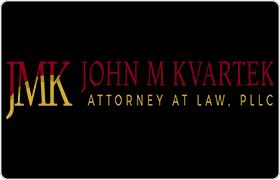Gonzalez Felony Lawyer, Florida
Sponsored Law Firm
-
 x
x

Click For More Info:
-
John M. Kvartek, Attorney at Law
100 North Spring St Suite 2 Pensacola, FL 32502» view mapCriminal Defense Law You Can Count On Us
When you are facing legal challenges, you need John M. Kvartek who will review the facts of your case, determine your goals and work towards meeting those goals.
850-912-6122
Not enough matches for Gonzalez Felony lawyer.
Below are all Gonzalez Criminal lawyers.
Ross A. Keene
Federal Appellate Practice, Family Law, Criminal, Civil Rights
Status: In Good Standing
Lawrence Joel Obin
Dispute Resolution, Health Care, Criminal, Accident & Injury
Status: In Good Standing Licensed: 23 Years
Angelia Lucille Mercer
Intellectual Property, Health Care, Criminal, Federal Appellate Practice
Status: In Good Standing Licensed: 23 Years
J. Rod Cameron
Family Law, Personal Injury, Workers' Compensation, Criminal, Wills & Probate
Status: In Good Standing Licensed: 28 Years
Teresa Fay Cummings
Construction, Workers' Compensation, Criminal, Civil Rights, Insurance
Status: In Good Standing Licensed: 13 Years
Jerrilynn Hadley
Family Law, Divorce, Divorce & Family Law, Criminal
Status: In Good Standing Licensed: 27 Years
 John Kvartek Pensacola, FL
John Kvartek Pensacola, FL Practice AreasExpertise
Practice AreasExpertise
